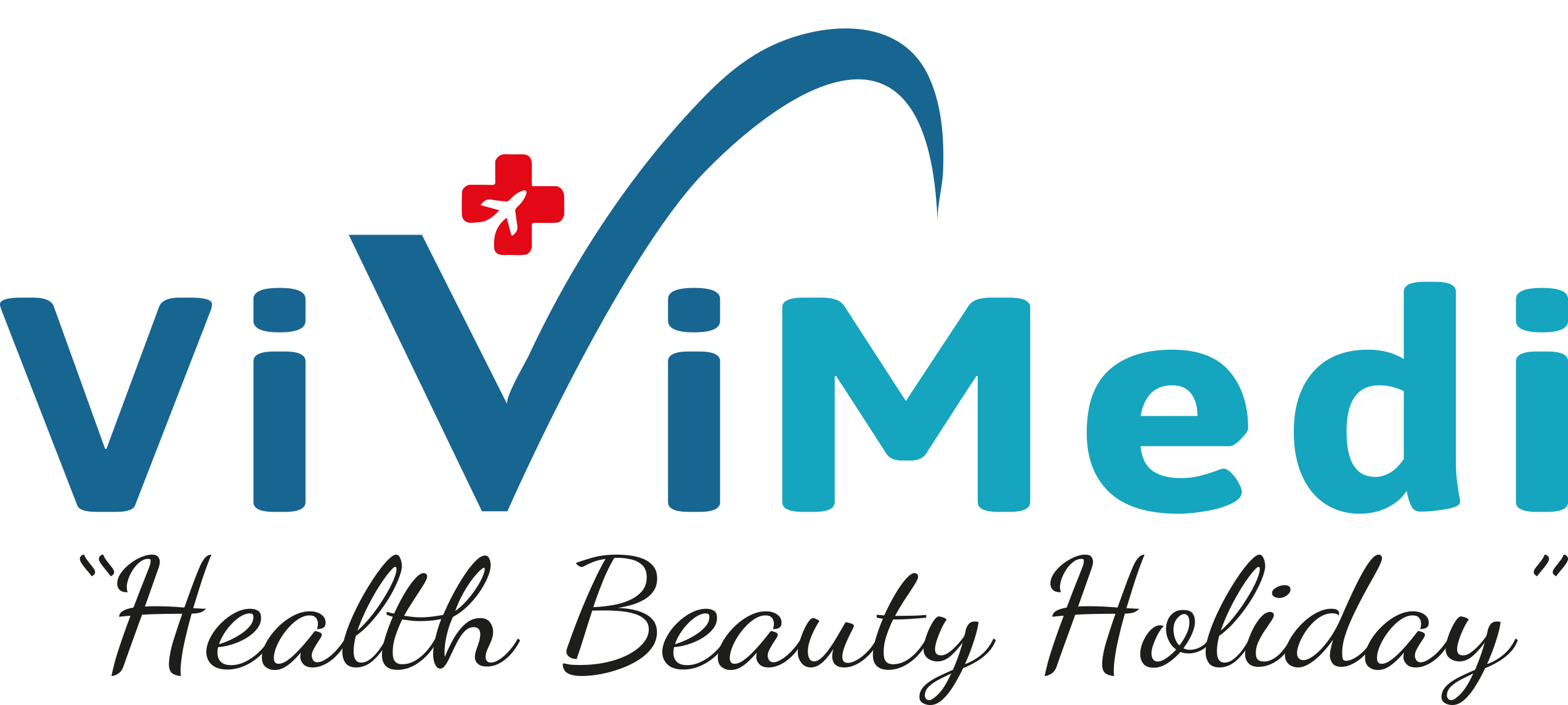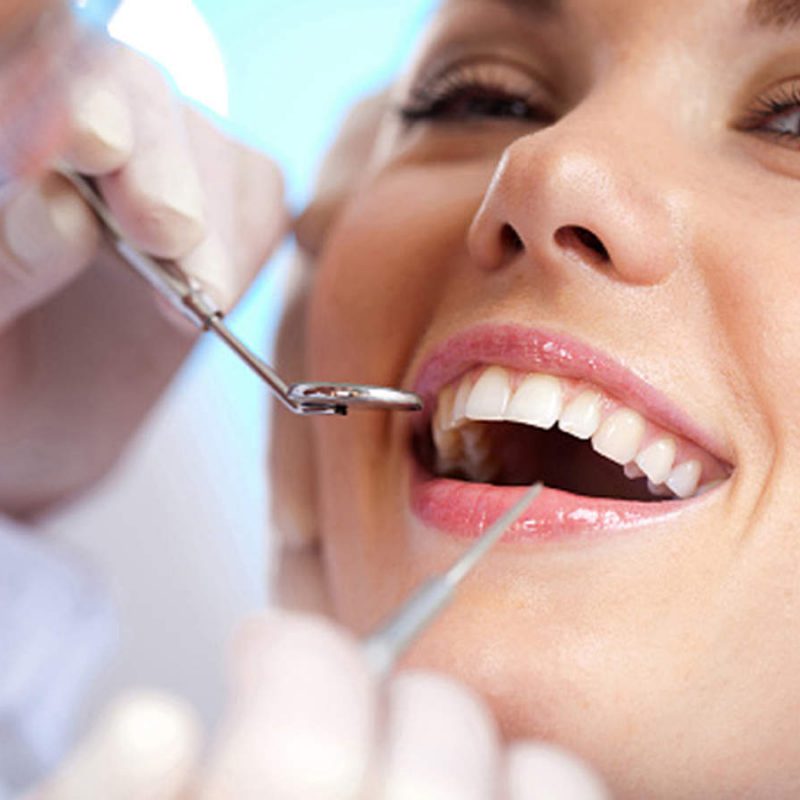Regular dental check-ups are essential for maintaining good oral health, but there are also specific signs and symptoms that indicate it’s time to schedule an appointment with your dentist. Here are several situations when you should visit your dentist:
Routine Check-Ups Are Important
Most dentists recommend scheduling a routine dental check-up and cleaning every six months. These appointments allow your dentist to assess your oral health, detect any early signs of dental problems, and provide professional cleaning to remove plaque and tartar buildup. Persistent tooth pain or sensitivity, especially when biting down or consuming hot or cold foods, may indicate underlying dental issues such as tooth decay, cracked teeth, or gum disease. It’s essential to have these symptoms evaluated by your dentist to determine the cause and receive appropriate treatment.
Loose or Missing Teeth
If you have loose teeth or notice changes in the alignment of your teeth, it may indicate underlying dental issues such as gum disease, bone loss, or teeth grinding (bruxism). Your dentist can evaluate the condition of your teeth and gums and recommend appropriate treatment options to restore oral health and function. If you experience dental trauma or injury, such as a knocked-out tooth, fractured tooth, or injury to the soft tissues of the mouth, seek immediate dental care. Prompt treatment can help save the affected tooth and prevent further complications.
Signs of Oral Infections
Oral infections, such as dental abscesses or infections in the gums or jawbone, can cause severe pain, swelling, and fever. These infections require immediate dental attention to prevent the spread of infection and alleviate symptoms. Any changes or abnormalities in your oral health, such as lumps, bumps, or lesions in the mouth, should be evaluated by your dentist. While many oral lesions are benign, some may indicate more serious conditions such as oral cancer.
In summary, it’s important to visit your dentist regularly for routine check-ups and cleanings and to seek prompt dental care for any signs or symptoms of dental problems. Early detection and treatment of dental issues can help prevent complications and maintain optimal oral health.


